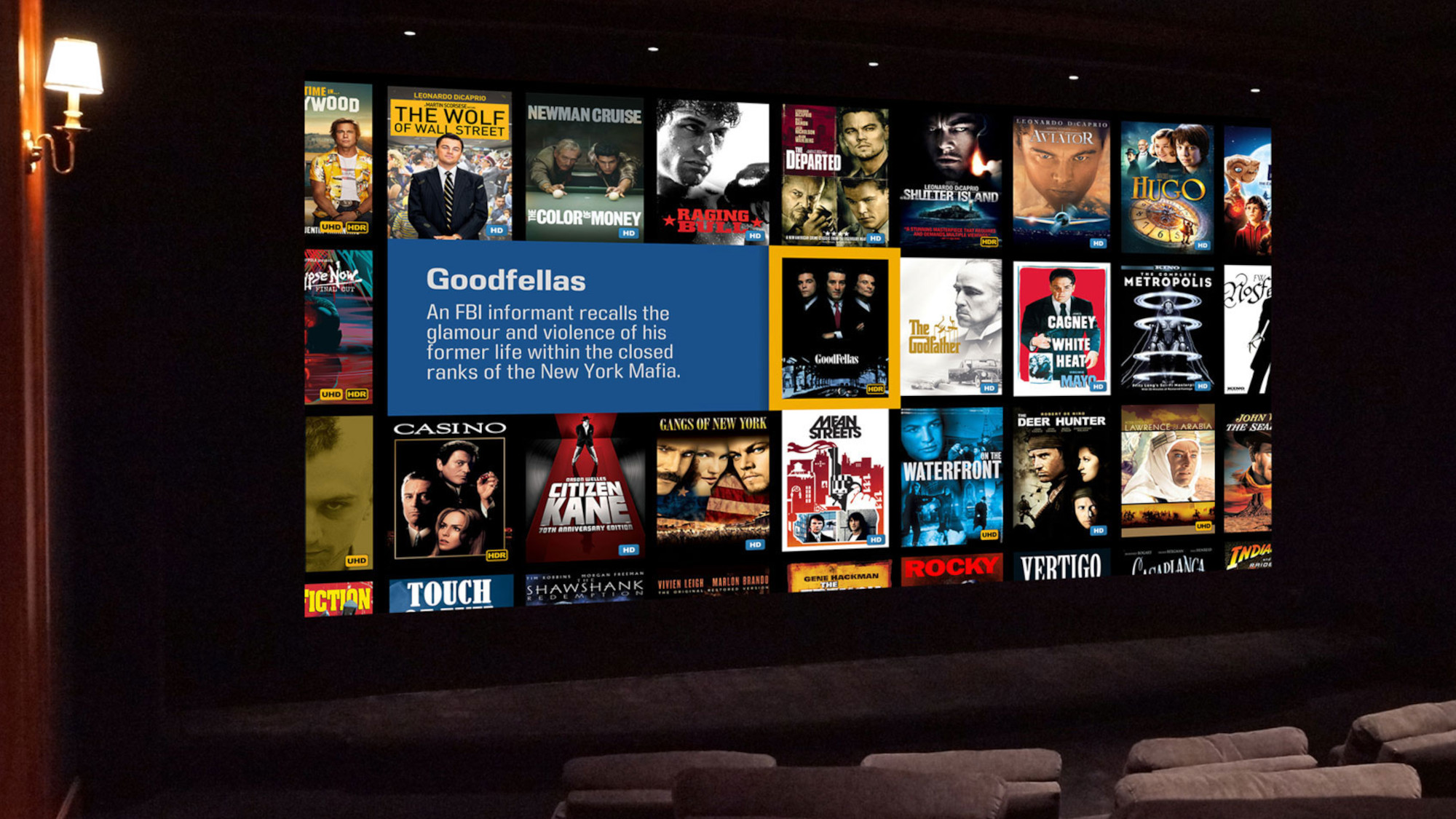TikTok is under fire for harvesting data – but is it worse than any other social media platform?
Does TikTok collect more of your data than other social media platforms?
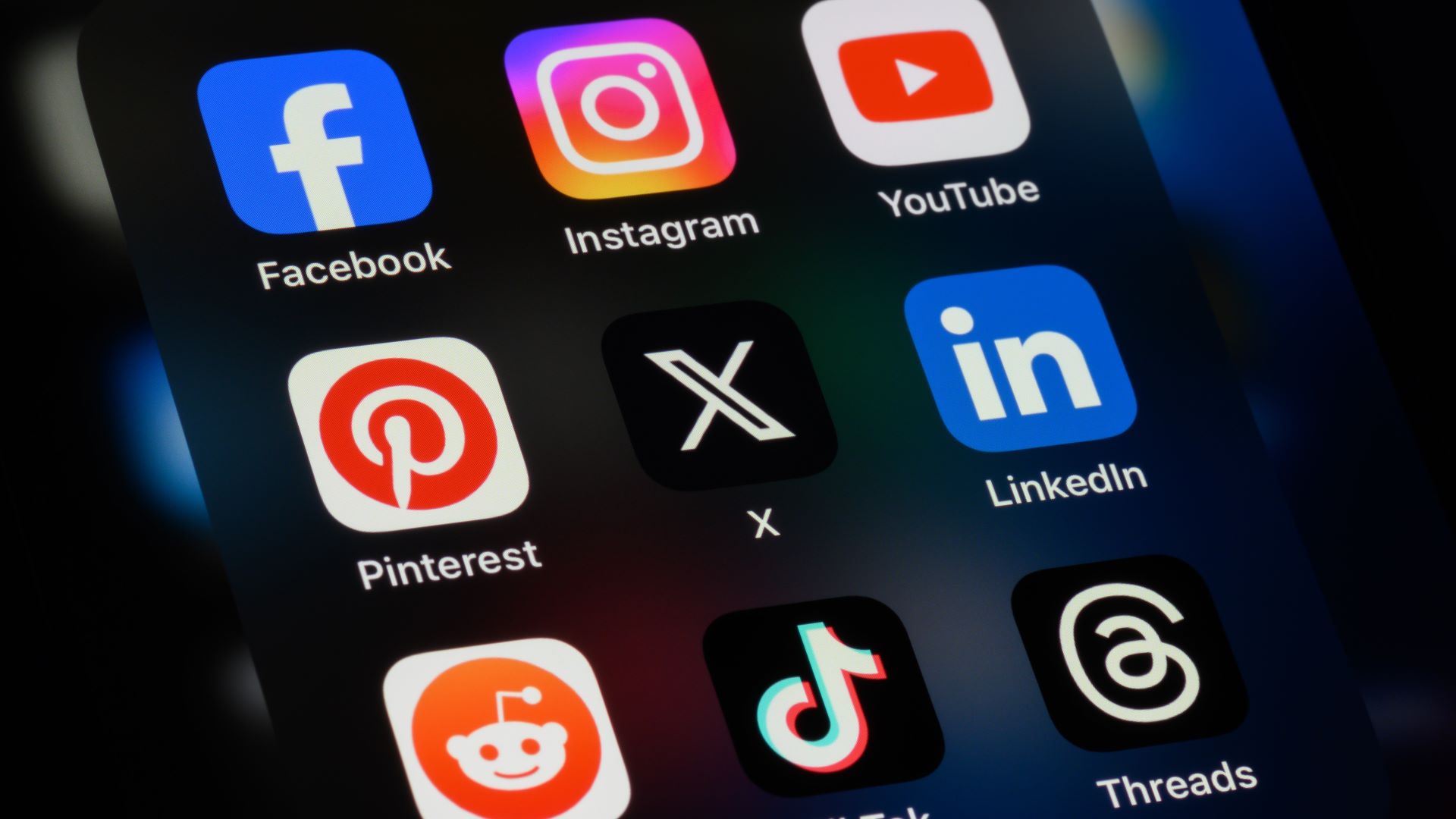
With the deadline for ByteDance to sell TikTok or be banned in the US officially here, and TikTok's operations shutting down in the US, there's been a lot of buzz around why the ban has happened.
TikTok's collection of user data has been the core of most the arguments for banning the app. There are concerns that the data that the app collects could be used for nefarious purposes.
While the ban now means you will need to use one of the best VPNs to access the video-sharing platform, the data discussion has piqued my interest: is TikTok actually the worst social media platform for harvesting user data?
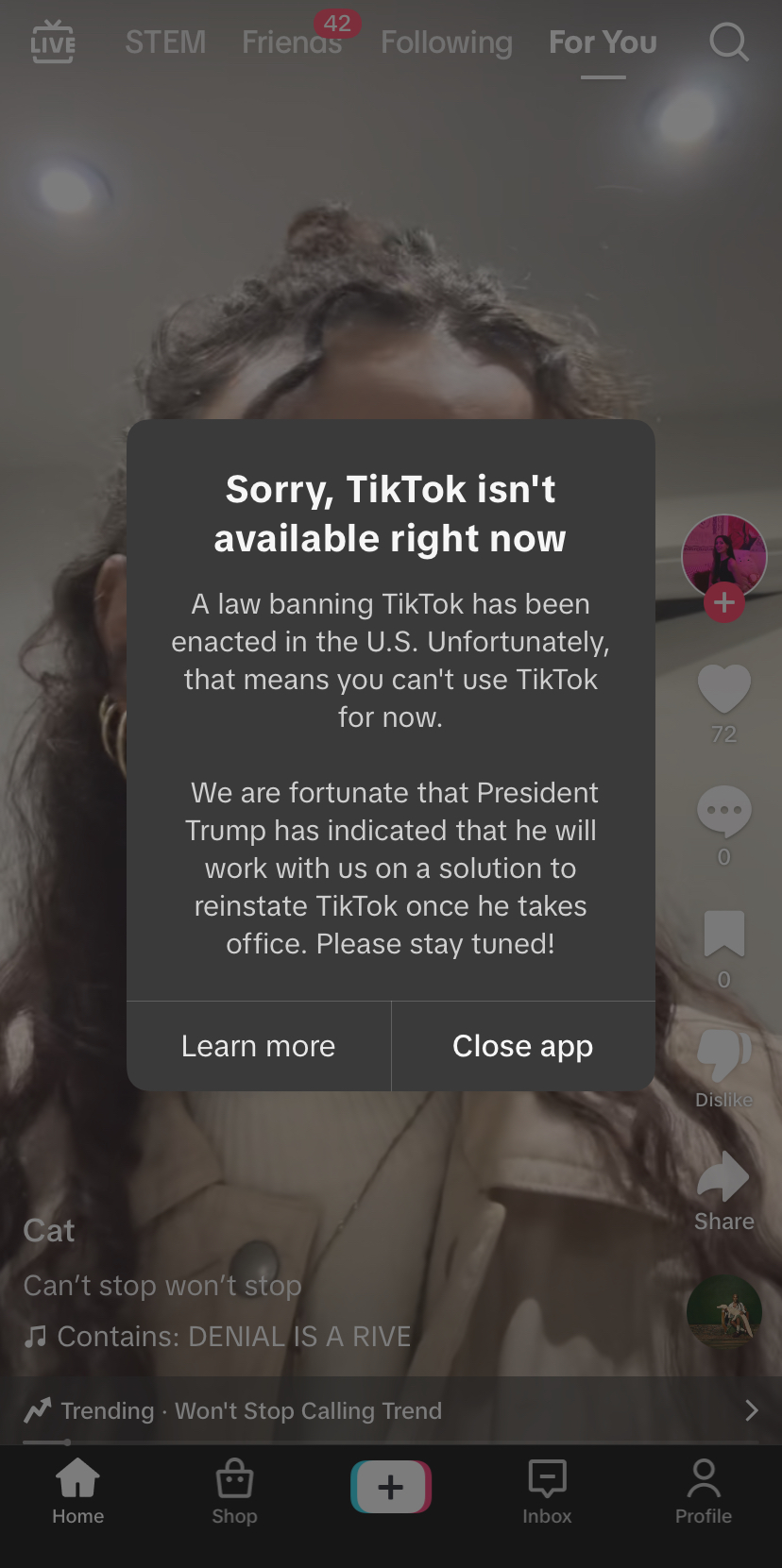
What data do social media platforms collect?
Social media platforms require user data to function. Every single social media platform you use will gather data about every time you use it.
What's more, all platforms require users to provide some kind of personal information as part of the sign-up process. This helps verify that they are a real user, as well as making sure that users meet the requirements of the platform, e.g. are over a certain age.
Data collected by social media
As a general rule, all social media platforms will gather the same data about you, including:
- Your personal information you use to sign up, e.g. email address, phone number, full name, date of birth and any other information like your profile picture and/or username. This may also include your location, with some social media sites able to access your precise location data via GPS coordinates.
- Your financial information, if you use the platform to buy goods or make donations.
- The content you interact with, whether this is through liking, sharing, commenting, reposting, etc. They will also collect information on how long you spend interacting with content.
- The content you post, including photos, videos or text posts.
- The content you send to others through messages, whether this is private messages or sharing posts.
- Your device information, e.g. the model and make, your IP address, your operating system, your preferred language, any information collected from cookies.
- Information about your contacts, e.g. your address book.
Now, some of this information (e.g. precise location data and address book) needs your permission to be accessible by the social media platform. However, most of the other data is collected by the site as and when you use it.
The purpose of collecting this data is to make your social media stream reflect you as a user. For example, if you primarily use X to make and share posts of men's fashion, you might be frustrated if your feed was full of posts about, say, sports and TV shows. All this data helps personalize the experience, from suggesting content creators you might like to follow, to you use dark mode.
TikTok sparked privacy concerns in 2021 when it updated its privacy policy to include the collection of biometric data like "faceprints and voiceprints", however Instagram, Facebook, Snapchat and X all collect biometric data. That may include both faceprints or voiceprints. The uses for it range from augmented reality filters on pictures, videos or voice filters, or for verification or safety purposes.
How long do social media platforms keep my data?
Say you decide you need to do a total social media detox, and go cold turkey on all your favourite sites. How long do you think your data will be saved by the platform after you've deleted your account?
The answer varies. Some platforms retain user data for far longer than others. In fact, in September 2024, research by data removal service Incogni found that numerous social media platforms (including Facebook, Instagram, YouTube, Facebook Messenger, and Discord) all kept user data for up to 180 days after they'd deleted their accounts. Snapchat holds on to user's data for up to 60 days, while Tumblr and TikTok only retain it for up to 30 days.
That means that, up to a possible six months, social media hackers could get their hands on your personal information even if you have deleted your account.
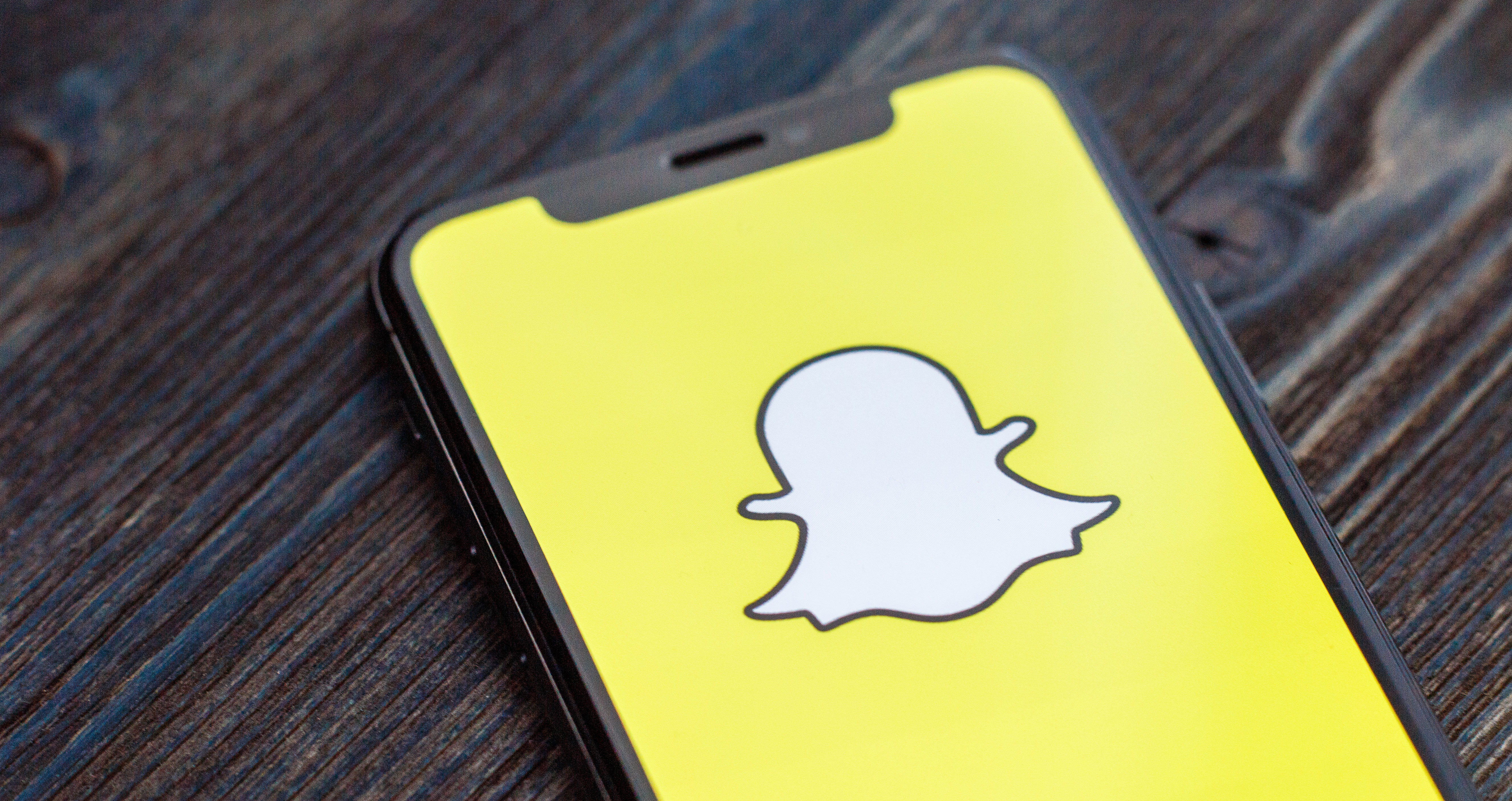
What do social media platforms do with my data?
Your data is primarily used to tailor your experience on social media, and to feed the algorithm in charge of choosing what ends up on your feed.
It might also be used to make some features (like selfie filters or voice changers) work properly. However, some companies have begun to apply user data for other purposes.
Both Meta (owner of Facebook and Instagram) and X have come under fire recently for using public posts to train their respective AI models. So, not only have people had their information scraped but their way of being has been taken and become an additive part of another entity.
While users are able to opt out of this, the issue arises because everyone was opted-in in the first place and, to some extent, the training and scraping has already been done.
Are TikTok's data practices any worse than other social media platforms?
So, TikTok is far from alone in the extremity of its data harvesting. In fact, you could argue that its data privacy practices are better than those of Meta or X. It has not fed user content into its generative AI models, at least. But, for TikTok, the data harvesting is said to be a matter of national security. If that same finger was pointed at the likes of Meta and X, it would be hard to see that they're doing much that's different.
While it is still not confirmed that the US will ban TikTok, the reality is looming ever-closer. US TikTok users are now considering whether they'll need a TikTok VPN to access the site, or turn elsewhere for their short-form video hits instead. Not ideal but it would certainly set an interesting precedent for other social media sites.
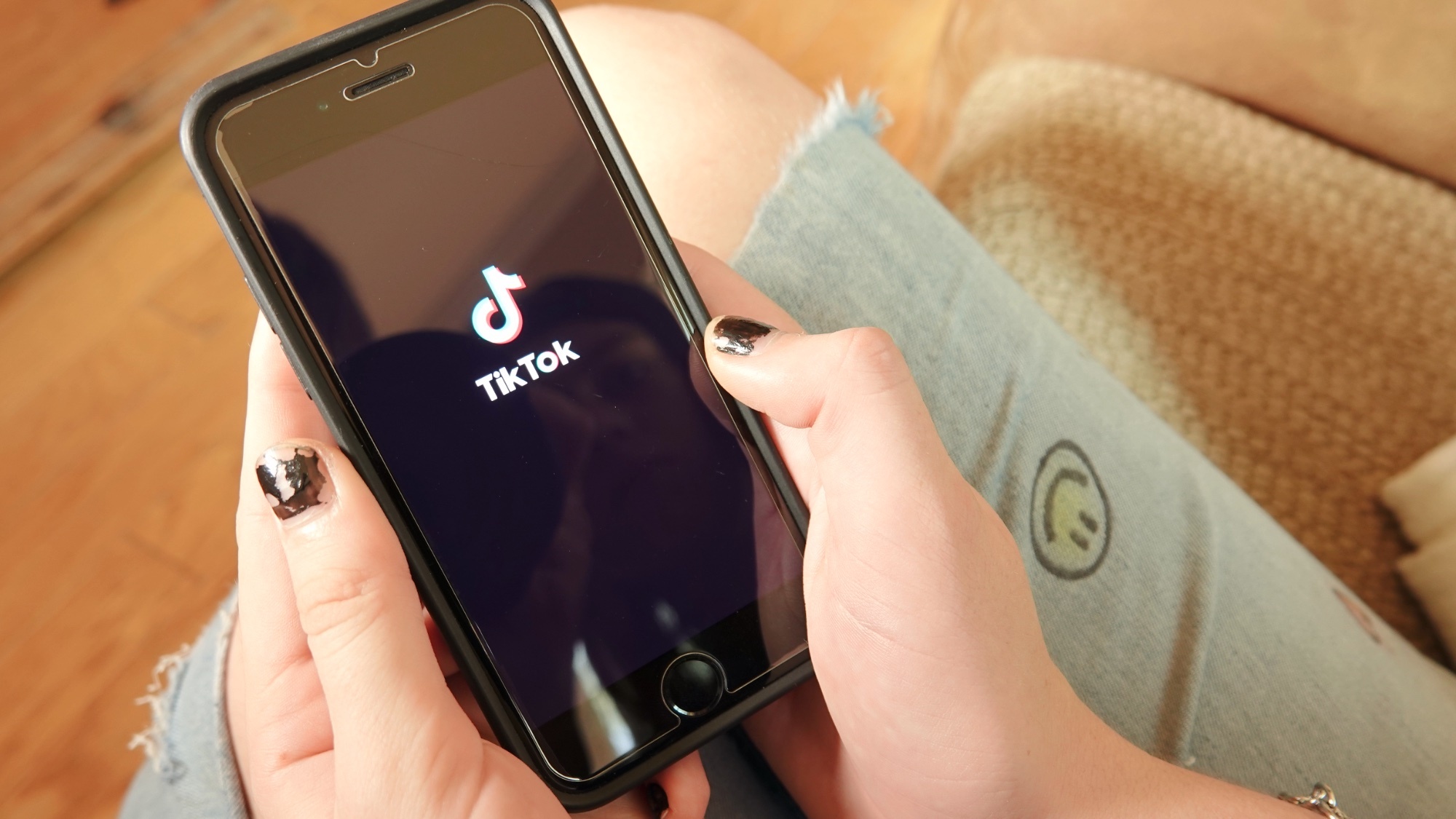
Of course, the country where the social media company is headquartered is pretty key when it comes to national security. So far, the light has not turned to Chinese-owned apps like Shien and Temu, who harvest a similar amount of user data, but perhaps they are next in line.
It's also interesting to note that Meta, owner of TikTok competitors Instagram and Facebook, spent $7.6 million lobbying Congress in the first quarter of 2024.
According to the Lobbying Report submitted by Meta, the lobbying was done on matters of "Homeland Security", with specific focus on "discussions regarding cybersecurity, data security, encryption, platform integrity, election integrity, content policy, and terrorism” and "voter suppression/interference, political ads and misinformation policies". These are the same factors that have been used to argue for the banning of TikTok.
Whether or not you agree with the TikTok ban in the US, one thing is clear – all social media sites harvest your data, and if you want to get your data deleted it may take longer than you think. You might want to look to protect yourself, before your country does it for you.

Olivia joined Tom's Guide in October 2023 as part of the core Tech Software team, and is currently VPN Commissioning Editor. She regularly uses VPNs to make sure they deliver what they promise, and specializes in testing VPNs with streaming sites.
